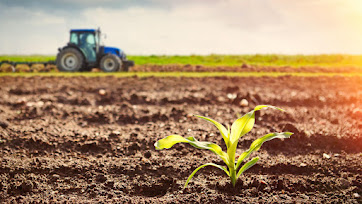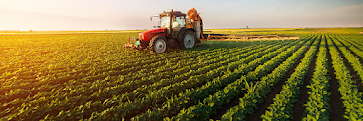How is the Fertilizer Shortage Impacting the Agriculture Industry?
Due to the COVID-19 pandemic, global supply chains are in complete disarray – this isn’t news to anyone. In fact, we’ve covered various supply chain issues in recent blog posts, including the increased demand for raw materials, the rising market and demand for resin, and unparalleled lead times across many industries.
Unlike these issues, the ongoing fertilizer shortage doesn’t directly relate
to COVID-19. Instead, many different factors have contributed to the fertilizer
shortage. Let’s explore those factors, and the impact the fertilizer shortage
continues to have on the agriculture industry.
Fertilizer is any material, either of natural or synthetic origin, that is
applied to soil or plants to supply nutrients essential to the growing
processes, including nitrogen, phosphorous and potassium. Fertilizer plays a
critical role in the agriculture industry by enabling large scale growing
operations and optimizing crop yields.
Unfortunately, fertilizer is currently in short supply, especially fertilizers of the synthetic variety. The shortage results from the cold snap that hit the southern part of the country at the beginning of 2021. Cold weather across the south put a massive strain the available supply of natural gas, a critical component involved in the creation of two widely used synthetic fertilizers – ammonia and urea.
The natural gas shortage shut down or slowed down production at a number of
synthetic fertilizer manufacturing plants, leading to the short supply.




Comments
Post a Comment